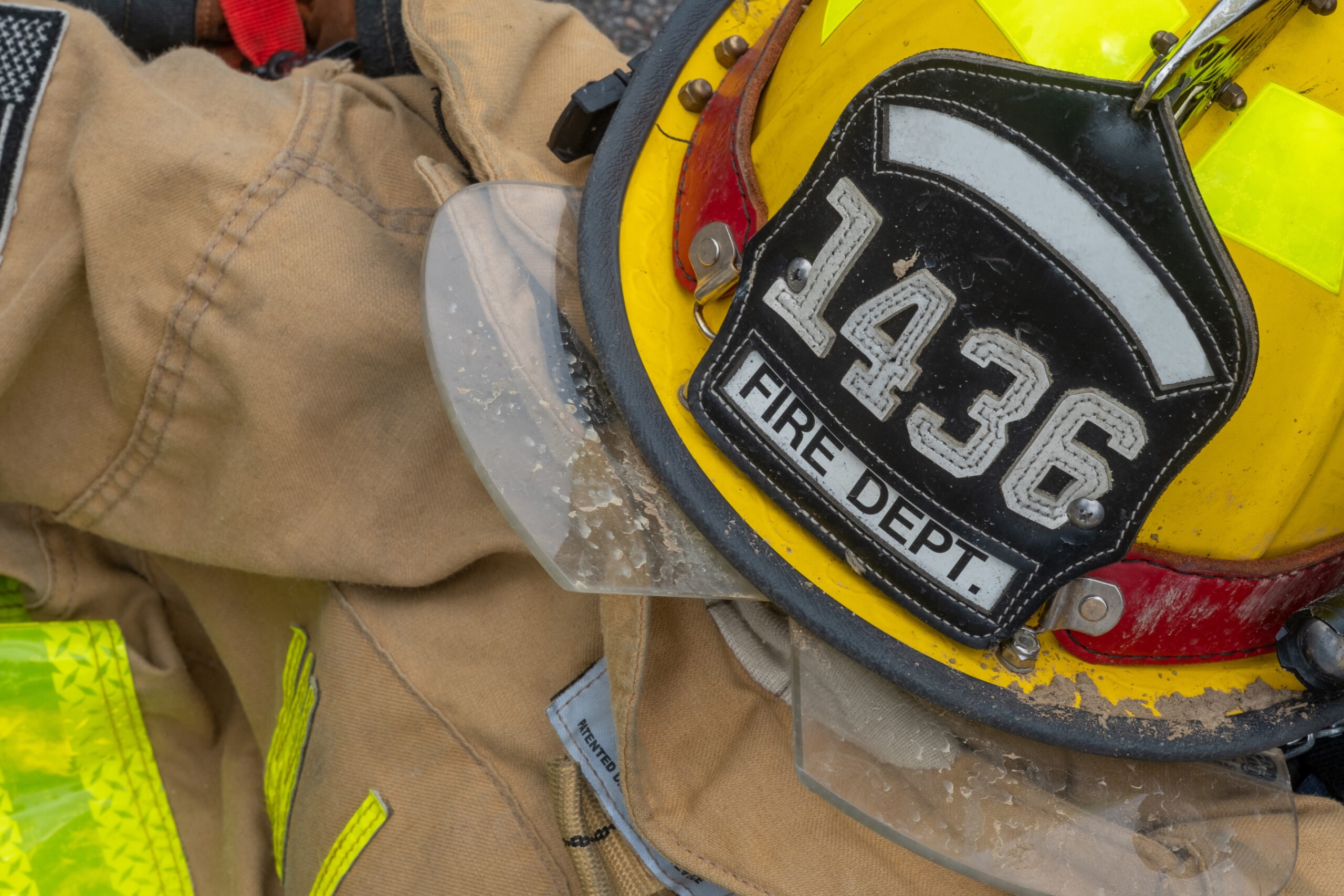Tennessee Awards More Than Half a Million in Grants to Support First Responders

Tennessee has announced more than half a million dollars in new grant funding to support local fire departments and rescue squads, strengthening the state’s emergency response capabilities. A total of $558,488 has been awarded to 13 departments and squads through the Volunteer Firefighter Equipment and Training (VFEAT) program and the Rescue Squad (RS) program, both administered by the Tennessee Department of Commerce and Insurance and the State Fire Marshal’s Office.
The lawmakers who announced the funding emphasized the vital role these programs play in easing the financial strain on first responders. They noted that firefighting equipment is essential but costly, often placing a heavy burden on departments, especially those serving smaller or rural communities. The funding, they said, will help ensure that local fire departments and rescue squads have the tools and training necessary to protect communities while keeping their members safe.
The VFEAT program provides critical assistance by helping departments cover the expense of purchasing firefighting gear and investing in training. For many volunteer departments, budgets are stretched thin, and the cost of essential equipment like protective gear, hoses, and breathing apparatus can quickly add up. Training, which is crucial to keeping firefighters prepared for the dangerous situations they face, brings additional expenses. These grants are designed to fill that gap, making sure firefighters are well-equipped and well-prepared for the demands of the job.
Departments across the state will benefit from the new funding. Ballplay Volunteer Fire Department will be able to purchase more than $47,000 in equipment, while Citico Volunteer Fire Department is set to receive $39,000. Hopewell Volunteer Fire Department will use just over $17,000 to support its operations, and Notchey Creek Volunteer Fire Department has been allocated more than $41,000. Tellico Plains Volunteer Fire Department, one of the larger recipients this cycle, will receive nearly $89,000, while Tri Community Volunteer Fire Department will receive $42,000. The City of Etowah Fire Department will be awarded more than $50,000, and Englewood Rural Fire Department has been designated just under $20,000. McMinn County Emergency and Rescue Squad will benefit from more than $30,000, while Niota Rural Volunteer Fire Department has been granted nearly $45,000. Riceville Volunteer Fire Department, another significant recipient, will put $70,000 in funds to work for its community.
In addition to these awards, the RS grant program is also delivering support to two local rescue squads. North McMinn Fire and Rescue has been allocated $41,635, and the Monroe County Rescue Squad will receive $25,134. Like the fire department grants, these awards will go toward lifesaving equipment, the kind of tools that can make the difference in emergencies ranging from traffic accidents to natural disasters.
The importance of this funding goes beyond the dollar amounts. In many parts of Tennessee, residents rely heavily on volunteer firefighters and rescue squad members who give their time and risk their lives to keep their neighbors safe. Unlike large, urban departments with bigger budgets, these volunteer organizations often operate with limited resources. Yet they are the first to respond when disaster strikes. The grants, therefore, are not just about equipment; they are about ensuring that these men and women have what they need to do their jobs safely and effectively.
The lawmakers who announced the funding expressed gratitude to the Department of Commerce and Insurance and the State Fire Marshal’s Office for their continued commitment to first responders. They also congratulated the fire departments and rescue squads receiving the awards, pointing out that this support helps alleviate financial stress while reinforcing public safety across the state.
Altogether, the $558,488 in funding represents a significant investment in Tennessee communities. It ensures that first responders are better equipped, better trained, and better prepared to answer the call when emergencies occur. For residents across the state, this means stronger, more reliable fire and rescue services, and for the firefighters and rescue workers themselves, it means essential support that helps them return home safely after serving on the front lines.
RECENT










BE THE FIRST TO KNOW
More Content By
Think American News Staff











